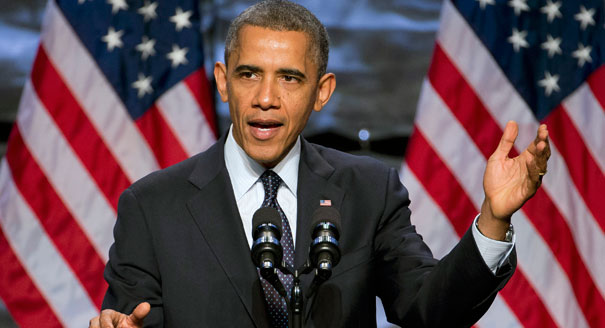U.S gears up for comeback as Mission to Somalia commences operations

The US has today announced its Mission to Somalia is commencing operations to lay the ground work for the resumption of full diplomatic presence in Somalia over two decades after it wound up operations in Somalia.
In a statement to the media, the US State Department spokesperson John Kirby said the new mission reflects continuation of U.S. efforts to normalize the U.S.-Somalia bilateral relationship since recognizing the Federal Government of Somalia on January 17, 2013.
Kirby said the Mission which is currently based within the U.S. embassy in Nairobi will be headed by a Chargé d’Affaires until the President appoints, and Senate confirms, the next U.S. Ambassador to Somalia.
President Obama appointed Katherine Simonds Dhanani in February this year but she later declined the job delaying the resumption of a full ambassadorial office for Somalia in Nairobi.
However today’s announcement is yet another move by the U.S. to re-establish its full presence in the Horn of Africa nation after it left in 1993 following the ‘Black Hawk Down’ debacle when Somali militiamen shot down two U.S. helicopters.
“The launch of the U.S. Mission to Som alia is the next step towards reestablishing a diplomatic presence by the United States in Somalia as announced by Secretary Kerry on May 5 during his historic visit to Mogadishu. U.S. officials will continue to travel to Somalia to conduct official business as security conditions permit,” said Kirby.
Kerry visited Somalia in May in what was U.S.’s biggest sign of plans to make a comeback in Somalia. Kerry said his visit was a ‘recognition of the progress made and the promise to come.’
Though it closed its embassy in Somalia, the U.S. has been actively involved in pacification mission in Somalia through its financial support to the African Mission in Somalia, AMISOM, intelligence sharing.
Also notably, its drone operations which are largely conducted from Camp Lemmonier Naval Expeditionary Base in Djibouti have significantly contributed to the decimation of the militant group Al-Shabaab. In September last year, a drone strike killed Al-Shabaab leader Ali Godane followed by another airstrike which killed the group’s intelligence commander, Abdishakur Tahlil, in December same year.
The U.S. last week announced more than $6 million in additional life-saving humanitarian assistance for those fleeing the conflict in Yemen and seeking refuge in Djibouti and Somalia.
Kirby said U.S. officials will continue to travel to Somalia to conduct official business as security conditions permit.